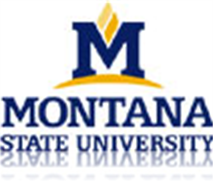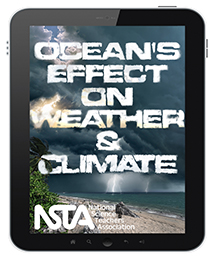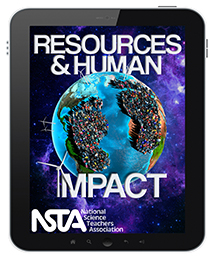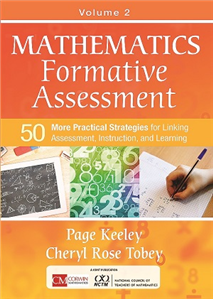All Resources
Workshop
Online Courses: MSU National Teachers Enhancement Network: Teaching Evolution
Evolution is a powerful and generative concept that is fundamental to a modern understanding of biology and the natural world. Evolution offers insight into how we came to be, what our future may hold, and how we interact with the living world. Howev...
Workshop
Online Courses: MSU National Teachers Enhancement Network: Plant Science: It Grows on You
This course will look at familiar seeds and their early growth into seedlings (with experimentation with the seedlings). You will grow the little mustard known as Brassica, the Wisconsin Fast Plant. It is called the fast plant because it goes from se...
Journal Article
Learn how rural students in Kentucky shared their classroom knowledge by presenting on health topics and new technologies at flea markets, swap meets, and specialty events such as car shows. ...
By Robin Cooper, Kim Zeidler, Diane Johnson, and Jennifer Wilson
Journal Article
STEM Learning Across Boundaries
It’s important to acknowledge that words matter in research communities. Bronwyn Bevan discusses the language surrounding in-school and out-of-school communities used in Connected Science Learning. ...
By Bronwyn Bevan
Journal Article
Modeling Collaboration for Learning
The Science Museum of Minnesota’s offers a well-developed model for implementing the Engineering is Elementary curriculum in Minnesota school districts for grades K–5, as well as a program for preservice teachers and teens called Linking Educat...
By Lauren Causey, Shannon McManimon, and Emily Poster
Journal Article
SciGirls Strategies aims to increase the number of high school girls recruited to and retained in nontraditional, technical STEM pathways. The program provides career and technical education teachers with professional development focused on gender-eq...
By Rita Karl, Bradley McLain, and Alicia Santiago
Interactive E-book
Ocean's Effect on Weather and Climate
The Ocean’s Effect on Weather and Climate Interactive E-book* investigates concepts related to the defining role oceans have in influencing Earth’s weather and climate. Earth’s weather patterns—which consist of different conditions of tempera...
Interactive E-book
The Resources and Human Impact Interactive E-book* examines the role society plays in environmental degradation and the technological solutions that arise in response to environmental issues. Human beings modify components of Earth’s ecosystems as ...
Acquired Book
This new volume from Page Keeley and Cheryl Rose Tobey helps you improve student outcomes with 50 formative assessment classroom techniques (FATS) that are embedded throughout a cycle of instruction. Descriptions of how the FACTs promote learning and...






